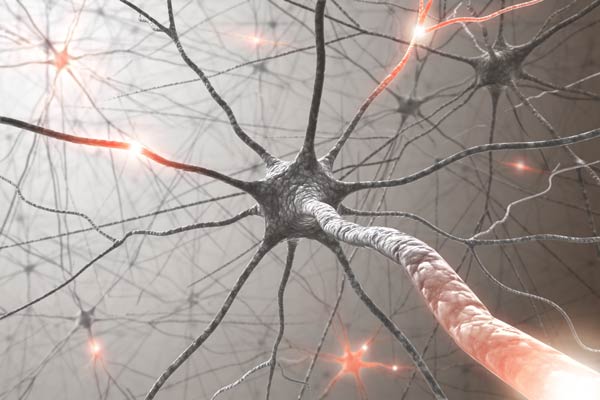Cocaine is a very addictive and powerful illicit stimulant made from the leaves of the cocoa plant. Cocaine can be used for medical purposes such as in local anesthesia for some surgeries, but using it recreationally is illegal, dangerous, and the drug is very addictive. Crack Cocaine is a smokable form of the drug that is made by mixing cocaine with baking soda and water and then heating it until it forms a hard rock. Crack cocaine is a much more addictive form of cocaine due to the rapid and intense euphoric high it produces. It is one of the most powerful drugs when it comes to producing psychological dependence. Some will tell you that after smoking crack cocaine only one time a person could develop an addiction to the drug. 
How Does Crack Cocaine Affect the Brain And Nervous System?
The brain has a chemical neurotransmitter called dopamine. Dopamine is made by the body and then transmitted through the central nervous system. It is responsible for pleasure and affects movement and the reward centers in our brain. Dopamine is also a big part of our ability to think and plan. Cocaine increases the amount of dopamine in the brain, and it blocks the release of GABA. How does that work exactly? GABA is what prevents the reabsorption of dopamine and keeps too much dopamine from flooding the brain. This is why a person who uses cocaine gets such a euphoric high from the drug. Their central nervous system is flooded with dopamine and GABA cannot be released to prevent it from happening.
The Nervous System and Crack Cocaine Abuse
Yes, crack cocaine damages the nervous system. Long-term abuse of crack cocaine damages the dopamine receptors in the brain and nervous system to the point that they no longer function properly. A person will no longer be able to experience normal feelings of pleasure and reward from anything in life if they are addicted to crack cocaine. According to the National Institutes of Health:
Other long-term effects of cocaine use include being malnourished, because cocaine decreases appetite, and movement disorders, including Parkinson’s disease, which may occur after many years of use. Also, people report irritability and restlessness from cocaine binges, and some also experience severe paranoia, in which they lose touch with reality and have auditory hallucinations—hearing noises that aren’t real. (NIH)
As stated above, by the NIH, another possible effect of long-term crack cocaine use is the development of Parkinson’s Disease. Parkinson’s Disease is a disorder of the central nervous system that affects movement. This often will include tremors. Nerve cell damage in the brain causes dopamine levels to drop, and that is what eventually leads to the symptoms of Parkinson’s. Long-term crack cocaine abuse can have some devastating effects on a person. The quicker a person can get into treatment and stop the cycle of addiction, the less likely damage will occur.
Treatment for Crack Cocaine Addiction
If you or someone you love is struggling with crack cocaine abuse, our addiction specialists are available around the clock to assist you. Evoke Wellness at Miramar offers cutting edge addiction treatment. We can help you get on the road to a lasting long-term recovery, all you have to do is find the courage to reach out for help.


